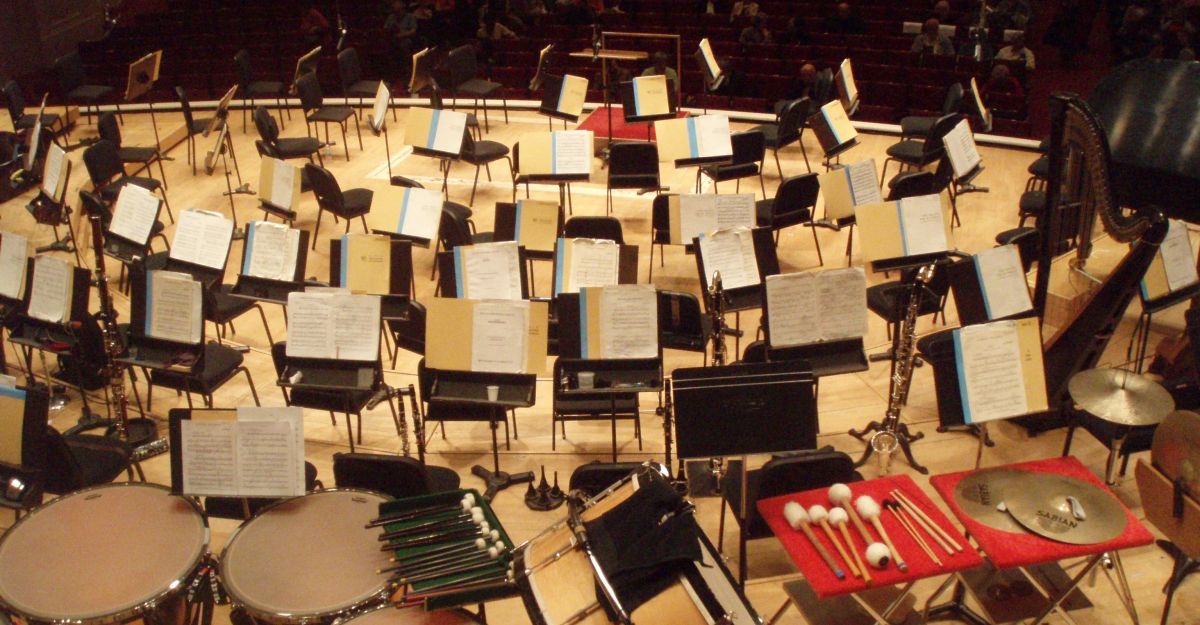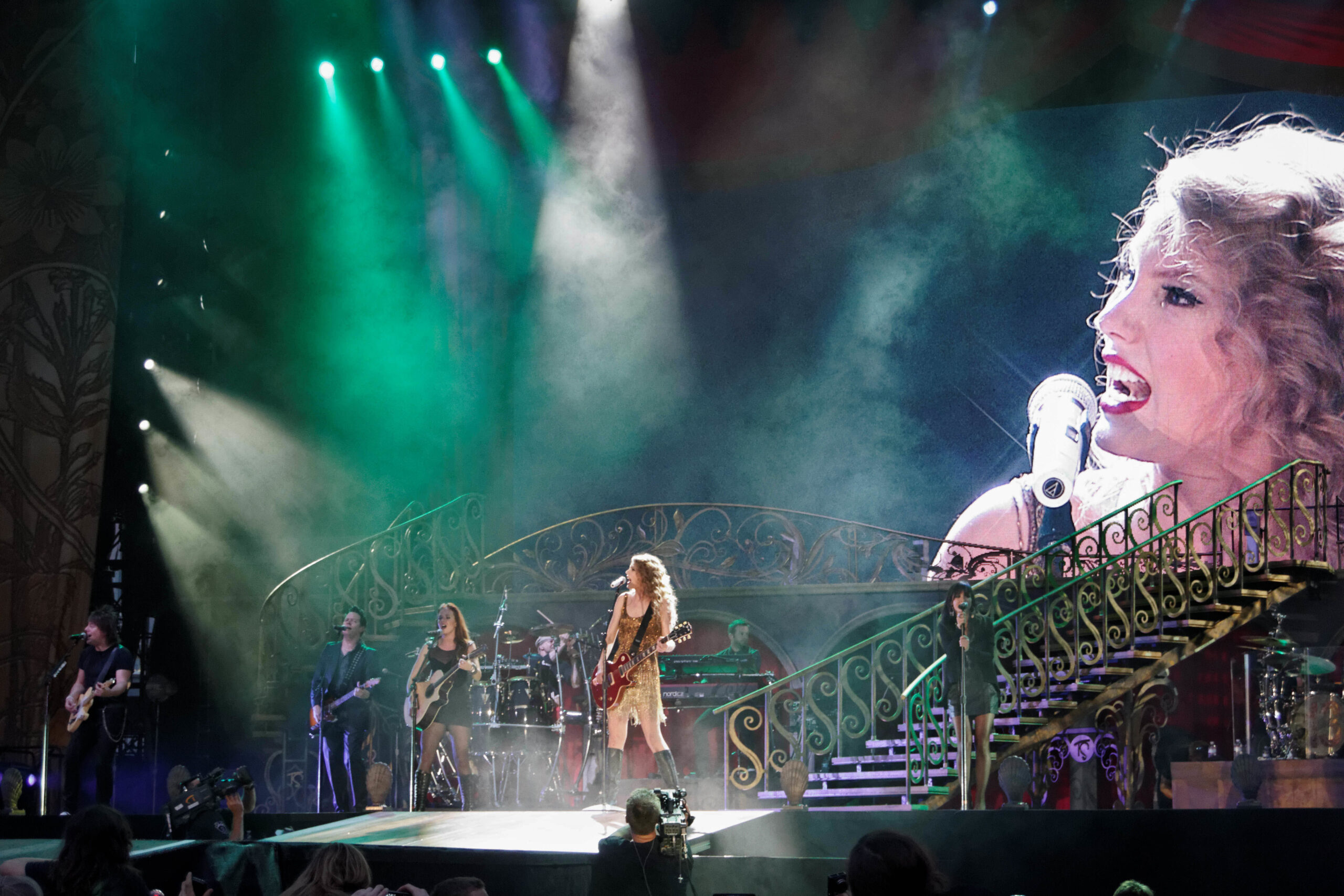I saw the hashtag #metoo and listened closely to the stories of other women, but I also distanced myself from those public accounts. I didn’t want to admit that the hashtag is mine too. That I feel I do not have autonomy over my own body. That I feel I can’t stop others from violating my space.
When I was a teenager I had only one dream: to write for the now defunct Juice magazine. I was singular in this ambition, and rather stupid in my pursuit of it, getting distinctions in my journalism course at the University of Newcastle, rather than plying my trade for the local street press. It would be another sixteen years before my dreams materialised. I now write for themusic.com.au and am grateful to; hopefully if I keep at it and ply my trade, I’ll crack a feature sometime soon.
I have new dreams, but it is a surreal thing to be treading in the shoes of a younger, less street-smart version of yourself. That young person couldn’t have imagined getting free tickets to a Bon Jovi concert, but she also couldn’t have imagined how different the climate in Melbourne in 2018 would be to Newcastle in 2002.
Younger me didn’t think twice when she got groped by strangers when on regular excursions to downtown Newcastle, or the suburb of Hamilton, which was then alive and kicking with music. I can barely recall a night when I didn’t get touched inappropriately at least once (at a George concert at the Bar on the Hill, for example).
So my experience at December’s Good Things Festival (GTF) is not the norm, but nor is it the exception. And I’ve become so indoctrinated to experiences of sexual harassment that I’m numb to it – and that’s not okay.
I made it to 6:45 pm gig on GTF’s Friday without incident, in part due to the presence of a lovely male friend who made me feel safer just by showing up. I’m more likely to get targeted when alone at gigs. As someone who enjoys her own company a bit too much and who works as a music reviewer, this is an issue. Sometimes, I can’t go about my work without shrugging off innuendo, both playful and otherwise.
As my mate and I strolled slowly in the heat from one stage, where Mayday Parade had performed, to another, to listen to All Time Low and get a good vantage point for Stone Sour, a stranger stuck his hand out to high five me. Usually, being ‘a good sport’, I would have returned his high five, but it was hot, I was tired and I was holding my hat with both hands, lest it blew away again. But I don’t need to justify myself.
I was slow to react, debilitated as I was by the heat and sunburn and not wanting to miss the music. And that’s when he pounced. His other hand reached around and slid up my dress and squeezed my butt tightly.
My mate suggested I make a complaint. But I was focused on my role as reporter and it didn’t cross my mind to make a fuss, plus the logistics weren’t straightforward. I let it go, getting lost in Corey Taylor’s vocals. He’s one of my favourite artists and I sang the lyrics to ‘Bother’ with more verve than I had left. A kind of catharsis.
And I probably would have let it go, except it wasn’t the last time I got harassed during Good Things. In a way, the second time was worse, even though they didn’t touch me.
When leaving the festival in the dark, two lovely women members of Flemington Racecourse had walked with me out one of the gates, expressing concern for my safety. They threatened my paramour with ‘a kick up the backside’ for not escorting me home. I defended his honour – he was in the middle of a set by Dashboard Confessional, and it didn’t even occur to me to ask him, as we both live for the music, for the space between notes. They weren’t impressed.
It’s a strange thing when others express concern for your safety. It alters your self-perception. After Jill Meagher’s murder, even though I lived a few suburbs away, my mum insisted on driving me the three-minute walk from Macauley Road to Epsom Road. It changed the way I thought about my own safety. It changed my notion that I was safe in the inner city.
Flemington Racecourse doesn’t have adequate lighting or signposts for those arriving on foot. We struggled on the way in, exiting with hundreds of other punters at the designated tram stop in 38-degree heat. And the advertised ten-minute walk from the tram stop is closer to 30, which brings me back to the second incident, on Victoria Street.
Red with sunburn and the heat of the day, I walked through a pack of at least a dozen men in a circle. One moved to let me pass, but another seemed shocked by my unexpected appearance in a pink Dangerfield mini-dress covered in spiders, and my dusty black Dunlop Volleys. ‘Can we take a picture,’ he yelled as they all turned to watch. I wasn’t in on the joke, but had reached the end of their circle. They didn’t move aside so I had to turn and squeeze my way through. Their laughter followed me as I walked to the tram in the pitch black.
Back in Newcastle I those younger days, a woman had chased after me as I strolled from Customs to the waterfront.
‘What are you doing?’ she called out.
‘Getting some air,’ I replied.
‘It’s not safe for a woman to be alone at night in Newcastle’ she said.
I’ve always remembered that moment. While I still walked to Nobby’s and looked out at the breathtaking skies afterwards, that was the first time I questioned my fierce independence.
I love music and writing about it, and I simply want the space to do my job – to get home without incident.
Image: Pete Jinks / flickr



